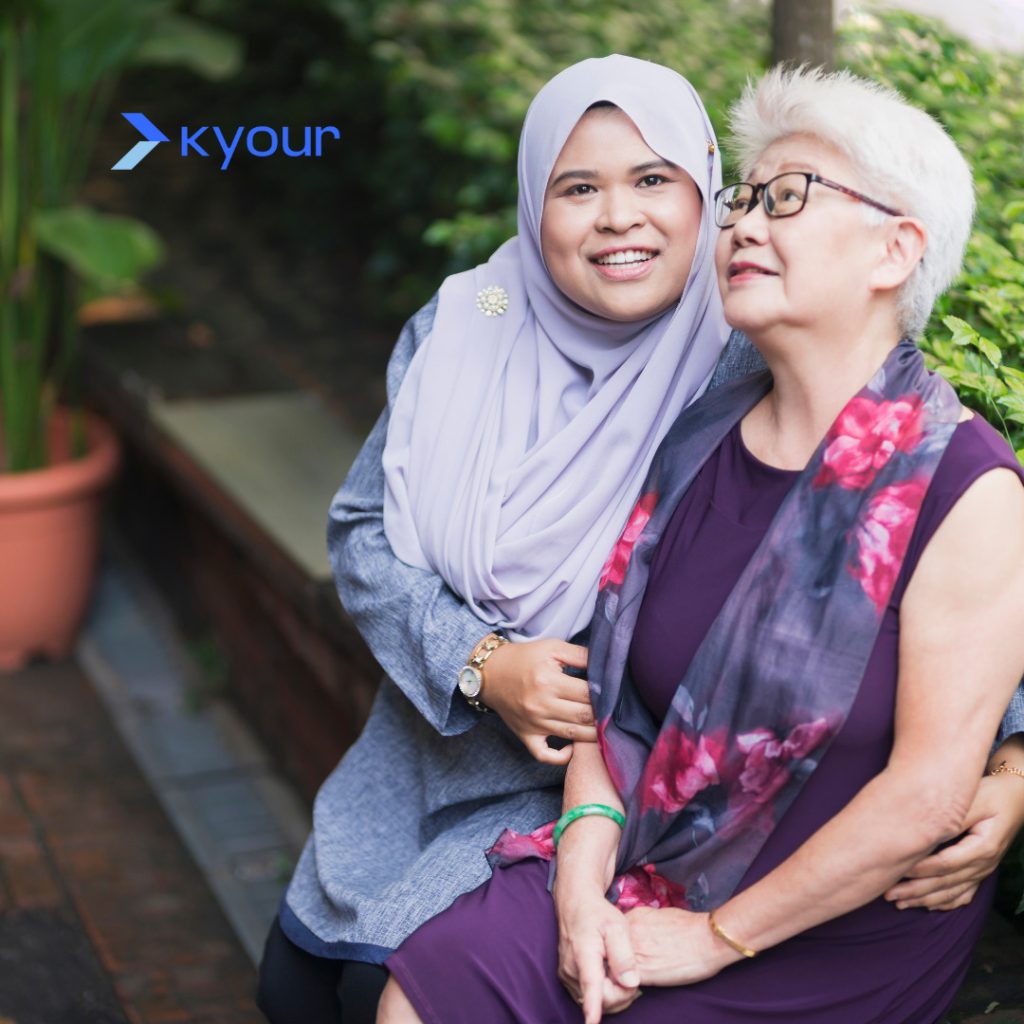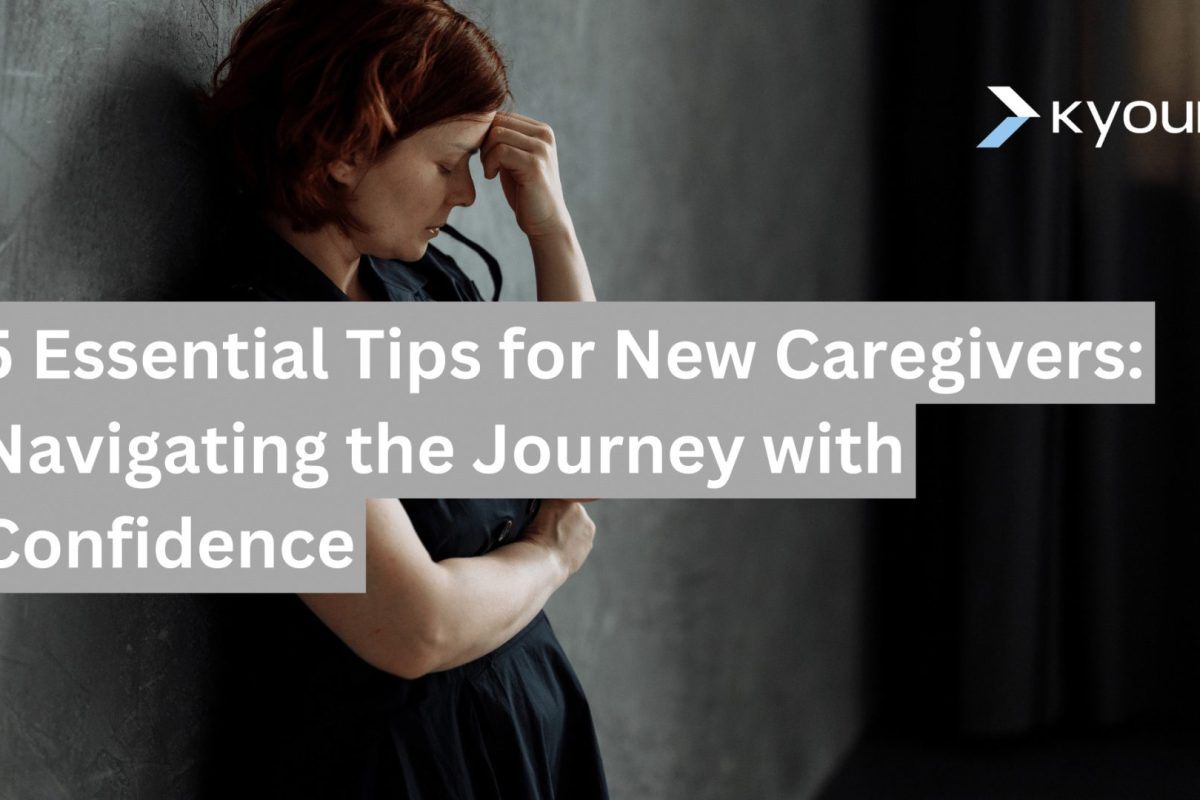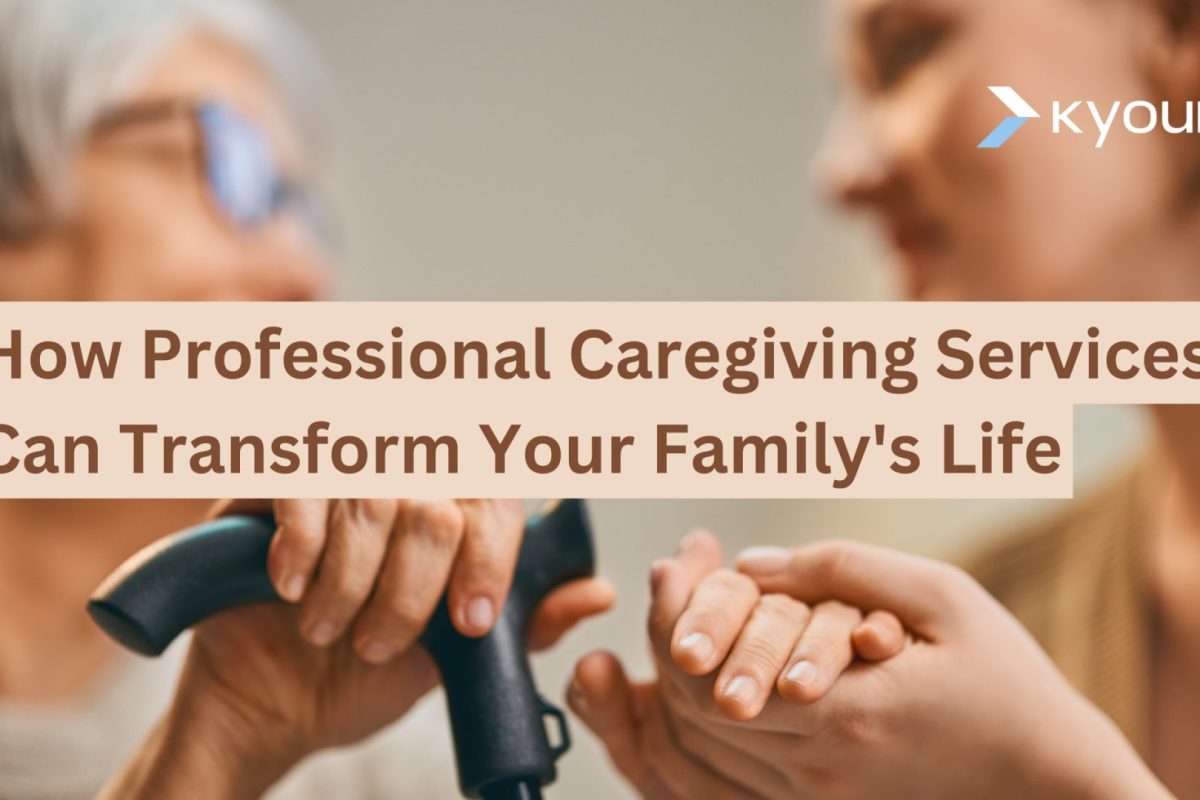Facing end-of-life care decisions can be overwhelming and emotional for families. It’s important to know that you’re not alone.

| Hospice Care: – Focuses on providing comfort and support for individuals with terminal illnesses. – Emphasizes improving quality of life rather than curing the illness. – Hospice teams offer medical, emotional, and spiritual support to both the patient and their family. | Palliative Care: – Similar to hospice care but can be provided at any stage of a serious illness, not just at the end of life. – Focuses on relieving symptoms and improving quality of life for both the patient and their family. | Advance Directives: – Legal documents that outline a person’s wishes for medical treatment if they become unable to communicate. – Includes preferences for life-saving measures, such as resuscitation. – Involves appointing a healthcare proxy to make decisions on their behalf. |
Finding Emotional Support
Caring for a loved one at the end of life can be emotionally exhausting. It’s essential for caregivers to prioritize their own well-being. Here are some resources that can offer emotional support:

- Support Groups: Joining a support group for caregivers can provide a sense of community and understanding. You can share experiences, advice, and emotions with others who are going through similar situations.
- Counseling: Speaking with a counselor or therapist can help caregivers navigate their emotions and develop coping strategies. Many hospice and palliative care organizations offer counseling services for families.
- Respite Care: Don’t be afraid to ask for help. Respite care services can provide temporary relief for caregivers, allowing them to take a break and recharge.
Navigating end-of-life care decisions can be challenging, but with the right guidance and support, families can find comfort and peace during this difficult time.
Remember, you don’t have to do it alone. Reach out to hospice, palliative care, and counseling services for help and support.

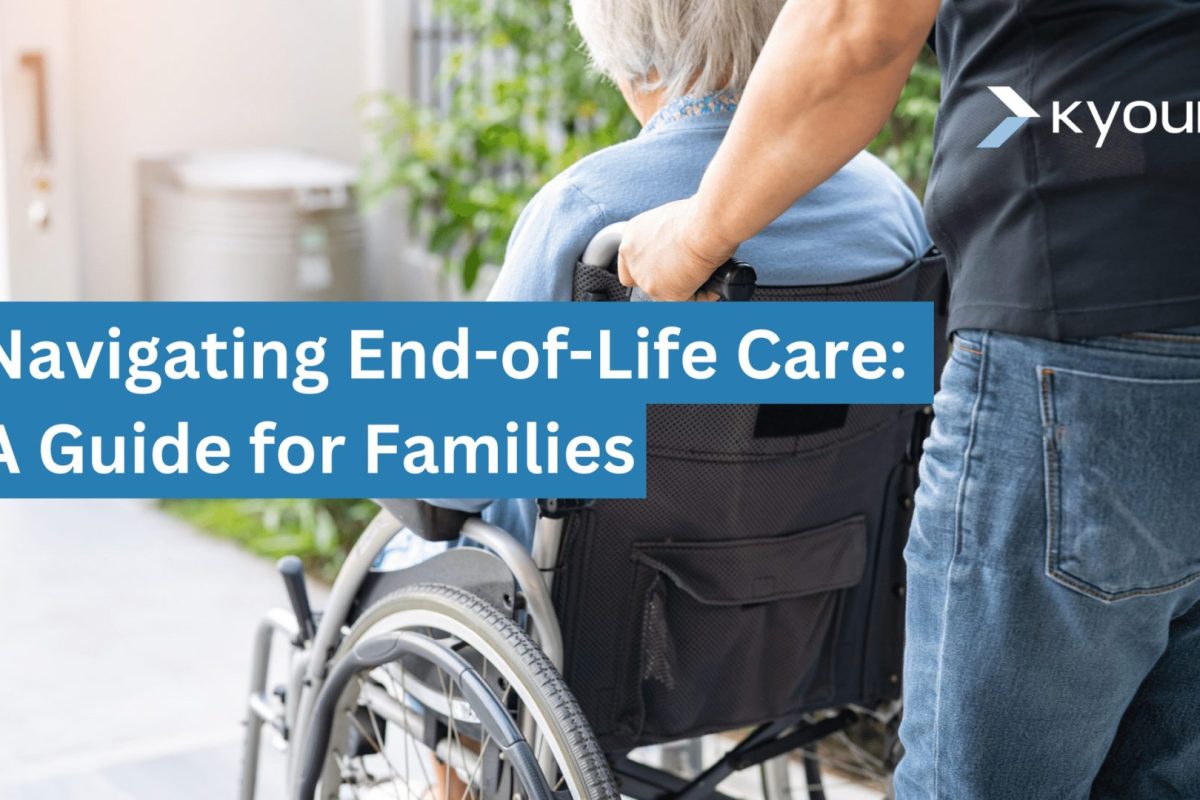
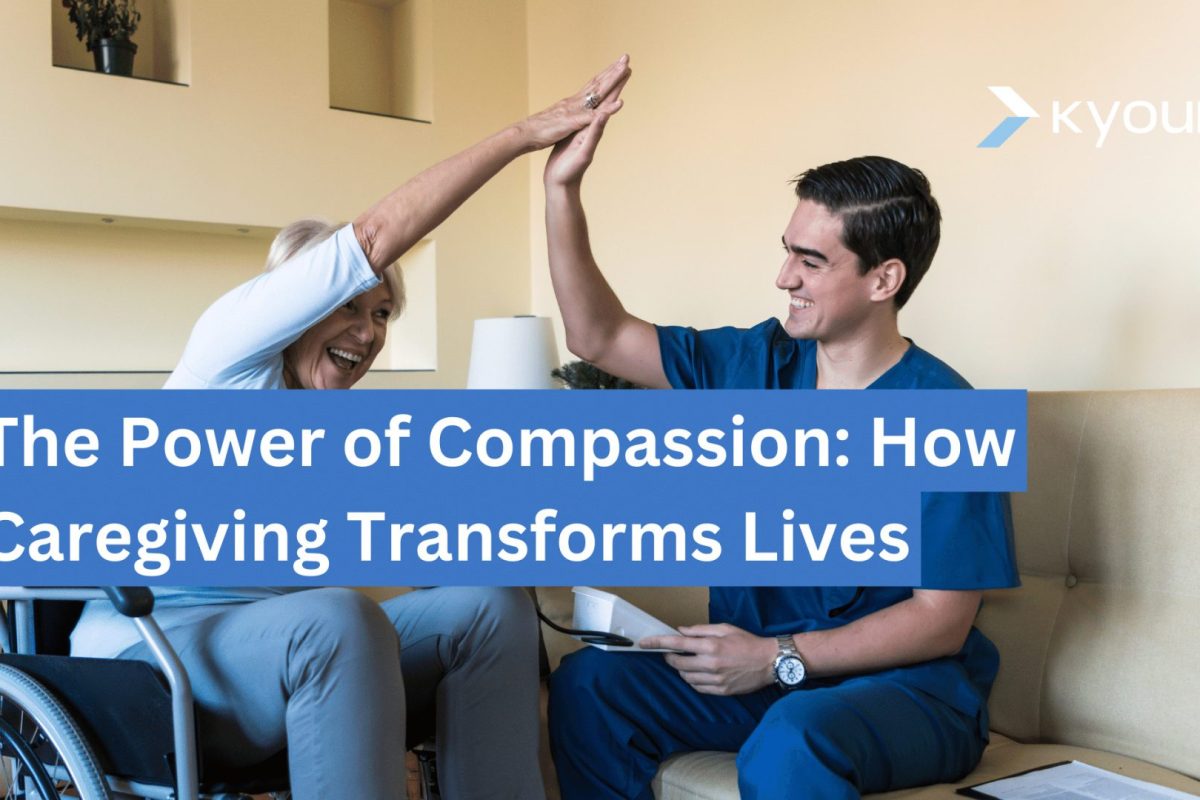

 Aishah’s Story: A Daughter’s Love
Aishah’s Story: A Daughter’s Love 
